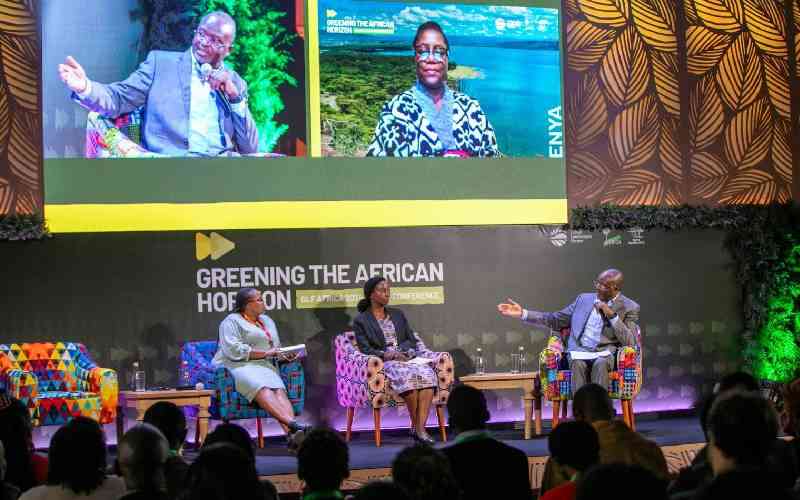
As the world prepares for the 2024 United Nations conferences on climate, biodiversity, and desertification, Africa is stepping into the spotlight with ambitious plans to restore degraded landscapes and foster sustainable livelihoods.
The GLF Africa 2024 Hybrid Conference: Greening the African Horizon, hosted by the Global Landscapes Forum (GLF) in Nairobi, brought together thousands of participants-from local communities and Indigenous Peoples to youth leaders, scientists, and policymakers-eager to showcase Africa's potential for a resilient and equitable future.